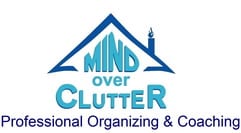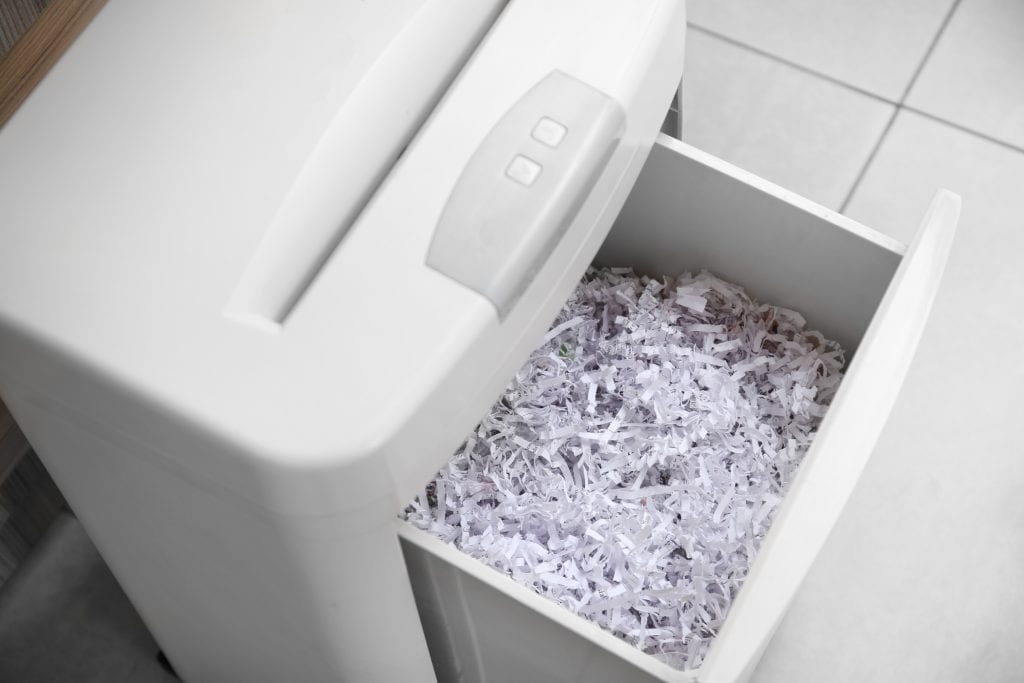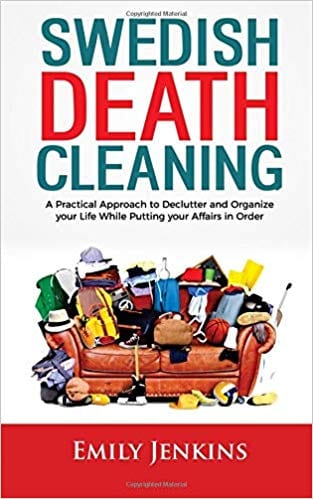Is Marie Kondo’s question, “does it spark joy”, the right question for you?
Most of us keep more than we will ever need. This costs valuable storage space, makes retrieval of the items we actually need more difficult and adds to the stress of daily living. The famous Japanese organizer Marie Kondo tells you to ask if the object sparks joy for you. If it does keep it, if not donate it. Sometimes that question doesn’t solve the dilemma if you should keep something or donate it. The following questions might be more helpful when you ‘re making those decisions.
For Paper:
- Are there any tax or legal reasons for keeping this?
- Can I easily get a copy elsewhere?
- Does someone else have this information?
. - Can I identify a situation in which I would ever refer to this information?
- Is it still relevant to my life?
- What are the implications if I didn’t have this?
For belongings:
- Is it out of style, the wrong size or colour or mismatched?
- Does it still work? Do I have all the parts?
- When was the last time I used this item and when would I need to use it in the foreseeable future?
- If it is something I use rarely, could I borrow one from someone else?
- Do I use it often enough to make it worth the cost to store it?
- Do I have more than one? Do I need more than one?
- Has the collection outgrown the space or the container originally allocated to storing it? Has the collector outgrown the collection?
- Is it the best of the best?
Swedish Death Cleaning
A third way to decide what to keep and what to donate is conveyed in the Swedish Death Cleaning method. Ask yourself:
- If you died tomorrow, your loved ones would have to deal with everything you left behind. What would they really want to see left?

- Start thinking about the cost of holding onto things, instead of thinking about the cost of needing it one day and not having it. Share on X
Give yourself permission to let go of things. Don’t let the fear of making a mistake cause you to keep things you don’t need, love or use.
Tell us how you decide what to keep and what to let go
 Julie Stobbe is a Trained Professional Organizer and Lifestyle Organizing Coach who brings happiness to homes and organization to offices,coaching you virtually using Zoom. She enjoys working with her clients to provide customized organizing solutions to suit their individual needs and situations. She reduces clutter, streamlines processes and manages time to help her clients be more effective in reaching their goals. Julie can coach you to break-free of the physical or emotional clutter constraining you from living life on your terms. Online courses are available to help instruct, coach and support your organizing projects. Get started by downloading Tips for Reorganizing 9 Rooms.
Julie Stobbe is a Trained Professional Organizer and Lifestyle Organizing Coach who brings happiness to homes and organization to offices,coaching you virtually using Zoom. She enjoys working with her clients to provide customized organizing solutions to suit their individual needs and situations. She reduces clutter, streamlines processes and manages time to help her clients be more effective in reaching their goals. Julie can coach you to break-free of the physical or emotional clutter constraining you from living life on your terms. Online courses are available to help instruct, coach and support your organizing projects. Get started by downloading Tips for Reorganizing 9 Rooms.
Contact her at julie@mindoverclutter.ca
X – Facebook – Facebook group Organizing Mind and Space




Good questions. I don’t have much emotional attachment to “things”. If one day I see something and think “I don’t need that anymore (or like that anymore) I get rid of it. I do understand how others are more attached and see how people question their intuition when decluttering. These questions are a good guide.
I love how you segued from Kondo’s iconic question, “Does it spark joy?” to more in-depth questions. Because while Kondo’s question is an excellent phrase to use at times, it doesn’t begin to cover the complicated array of situations that we encounter with our clients. I also appreciated the perspective you revisited with the Swedish Death Cleaning approach. Thinking about our possessions while considering our family and what they might have to handle when we die, can be another excellent motivation for releasing and editing.
Sometimes an item sparks joy when you need it… like a plunger:) At other times, though, I probably want to hide it away. I love your list of questions. You may need to dig a little bit to figure out if an item is worth keeping. Coming at a belonging from different directions can be very helpful. I enjoyed the Swedish Death Cleaning book. It is definitely a kindness not to leave your children with a house full of stuff they don’t want!
I haven’t read either book but based on what I’ve heard, I think Swedish Death Cleaning is more up my alley. It sounds more practical!
When I do downsizing workshops a lot of people come to learn how to downsize their possessions so that their children will not have a big job of cleaning up their house when they move or pass away. I think at a certain stage in life reducing what you have becomes a new normal as what you are capable of doing changes, the amount of help you need to get things done increases and where you live changes.